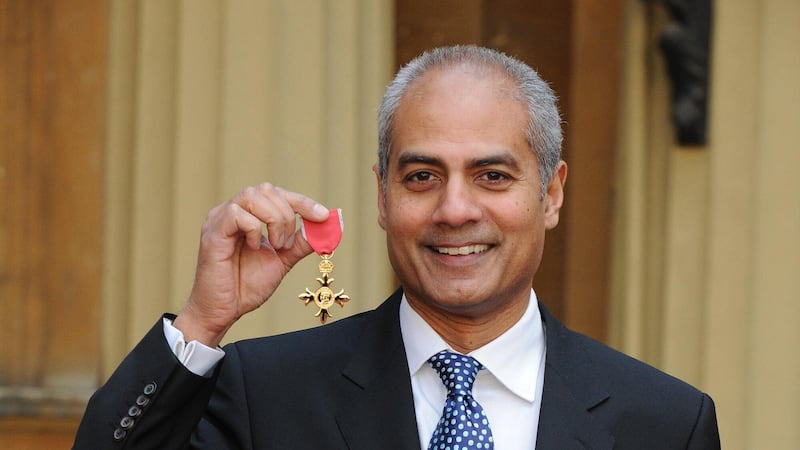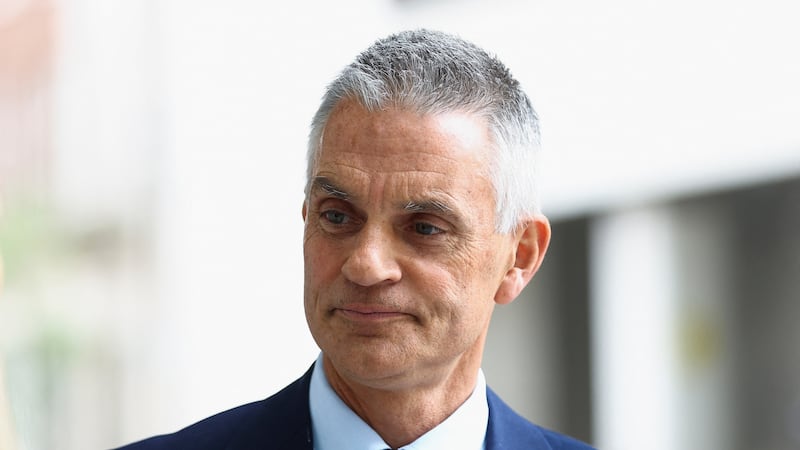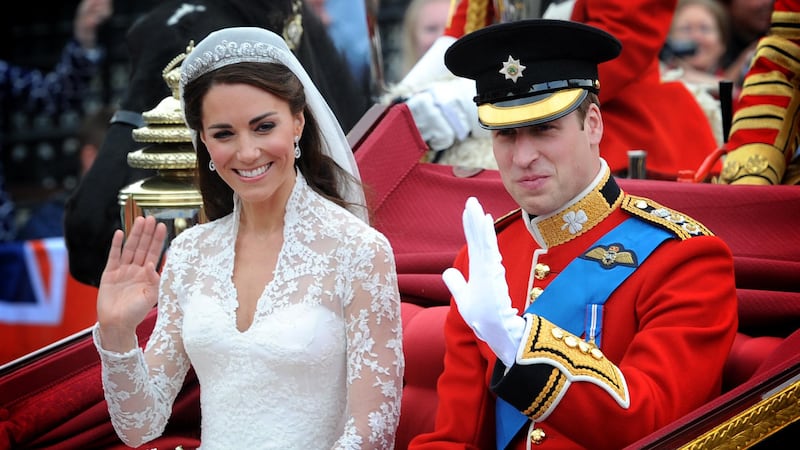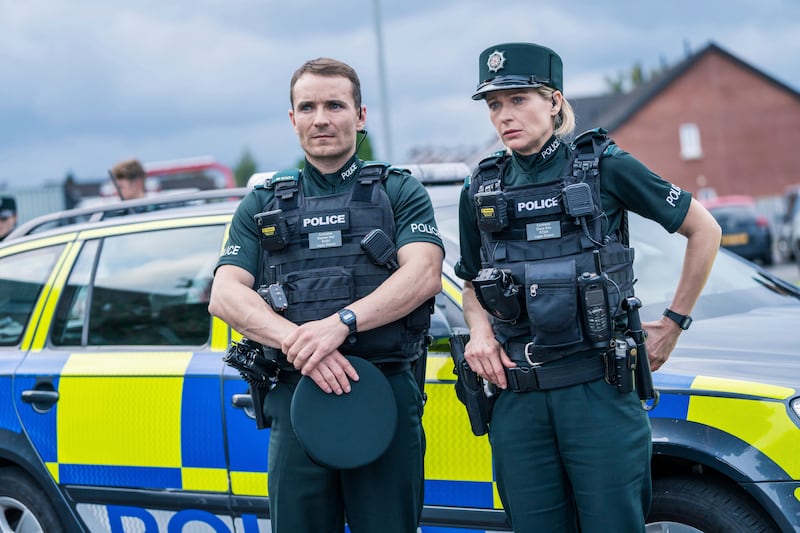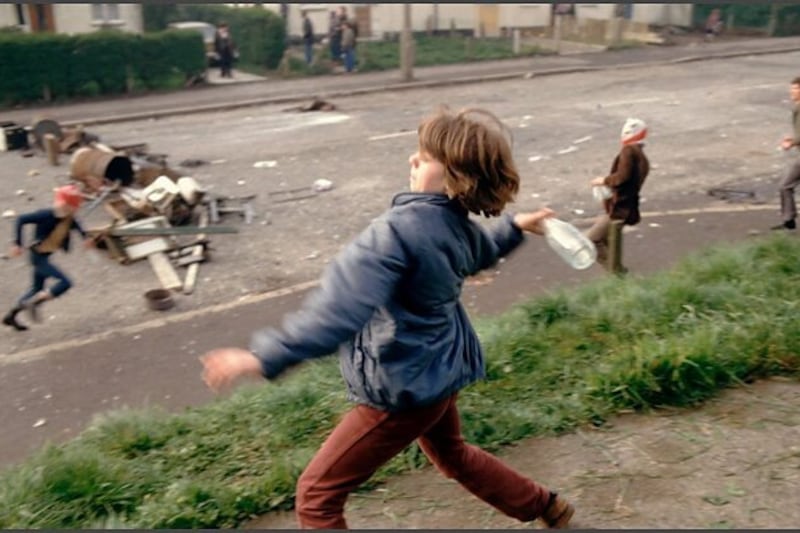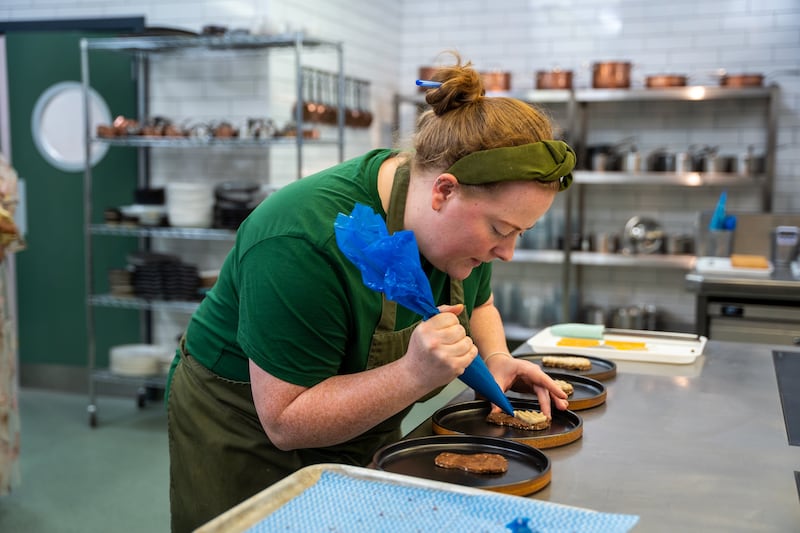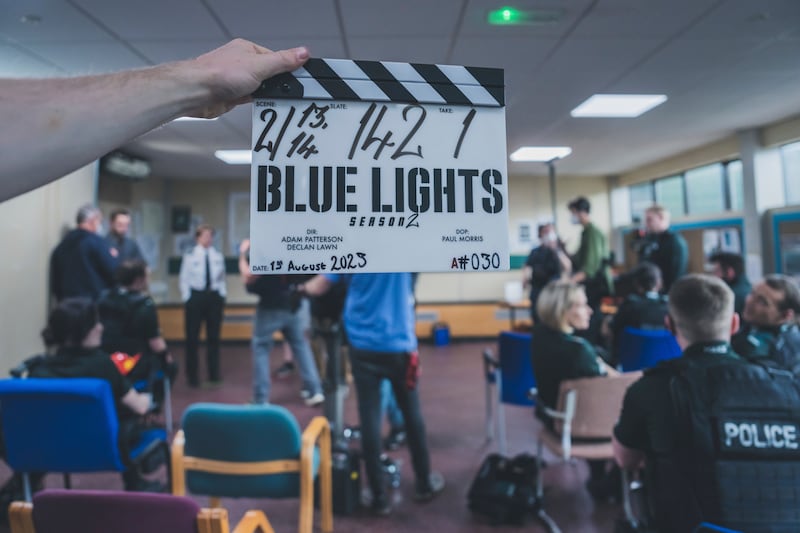BBC newsreader George Alagiah has died at the age of 67, his agent has said.
A statement from Mary Greenham to the PA news agency said: “I am so terribly sorry to inform you that George Alagiah died peacefully today, surrounded by his family and loved ones.
“George fought until the bitter end but sadly that battle ended earlier today.
“George was deeply loved by everybody who knew him, whether it was a friend, a colleague or a member of the public. He simply was a wonderful human being.
“My thoughts are with Fran, the boys and his wider family.”
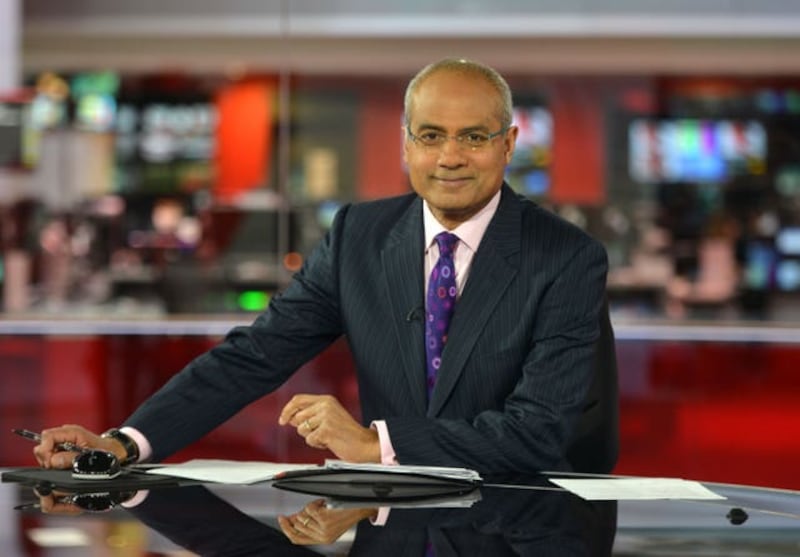
George Alagiah was diagnosed with stage four bowel cancer in April 2014 (Jeff Overs/BBC/PA)
The Sri Lanka-born journalist, the face of BBC One’s News At Six since 2007, was diagnosed with stage four bowel cancer, which had spread to his liver and lymph nodes, in April 2014.
He endured two rounds of chemotherapy and several operations, including the removal of most of his liver.
In October 2015 he announced that his treatment was over and returned to BBC News At Six on November 10.
Alagiah joined the BBC in 1989 and spent many years as one of the corporation’s leading foreign correspondents before moving to presenting.
He first began hosting the 6pm news bulletin in early 2003, but stepped up to front it solo four years later following the departure of his co-host, Natasha Kaplinsky.
Read More: George Alagiah was one of the BBC's longest-serving newsreaders
George Alagiah and Sheridan Smith share cancer experiences with Rankin portraits
He was previously a prominent foreign correspondent, often as a specialist in Africa with coverage of civil wars in Somalia and Liberia as well as the genocide in Rwanda 20 years ago.
Throughout his career he interviewed central political figures, among them former South African president Nelson Mandela, Archbishop Desmond Tutu, and ex-Zimbabwean leader Robert Mugabe.
Before joining the BBC, Alagiah workied as a print journalist and went on to write a number of books including A Home From Home, which looked at what it means to be British.
Throughout his illustrious career, he also presented other shows such as Mixed Britannia, looking at the UK’s mixed-race population.
He was made an OBE in the 2008 New Year Honours.
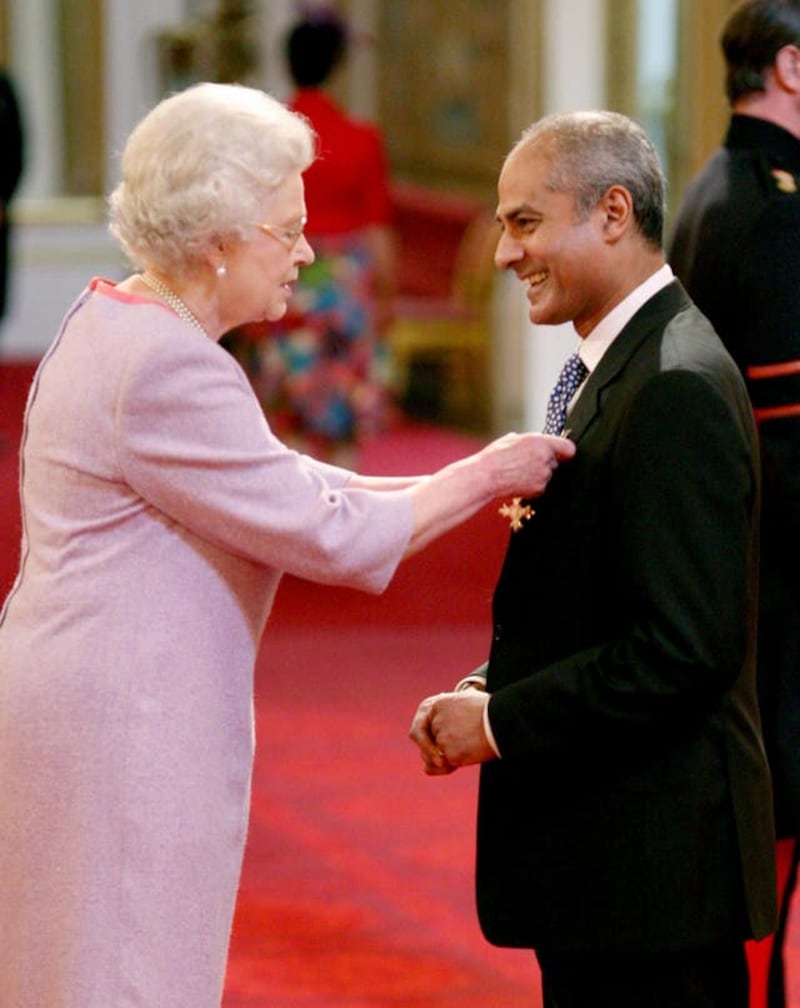
George Alagiah is made an OBE by the Queen at Buckingham Palace (Martin Keene/PA)
His cancer returned in December 2017 and he underwent further treatment before again returning to work.
He took another break from studio duties in October 2021 to deal with a further spread of cancer, before returning in April 2022.
Appearing in a campaign in aid of Macmillan Cancer Support in 2022, speaking about the impact of his own experience of living with stage four bowel cancer, Alagiah said: “People always ask me how I cope and it’s the hardest question…
“The challenge at first was getting my cancer diagnosis straight in my head – despite having so much going for me, a successful career and a loving family, here I was just being told I was dying.”
In October last year, Alagiah announced he was taking a break from presenting the BBC’s News At Six following another scan.
He said: “A recent scan showed that my cancer has spread further so it’s back to some tough stuff. I’m missing my colleagues. Working in the newsroom has been such an important part of keeping energised and motivated.”
Alagiah spoke openly about the experience of living with cancer, joining a videocast for the charity Bowel Cancer UK in 2020 in which he said he sometimes felt he had the “easy part”, living with bowel cancer while his loved ones had to watch.
He said: “Those of us living with cancer know that it affects our families almost as much as ourselves.
BREAKING: BBC newsreader George Alagiah has died at the age of 67, his agent has said.https://t.co/PAiZ4D1jU3
— Sky News (@SkyNews) July 24, 2023
Sky 501, Virgin 602, Freeview 233 and YouTube pic.twitter.com/5WOVy7HnbW
“In some ways I’ve felt through my six-plus years living with cancer that sometimes I have the easy part… My job is just to stay fit and my family has got to watch all of the other things.”
He is survived by his wife, Frances Robathan, and two children.
